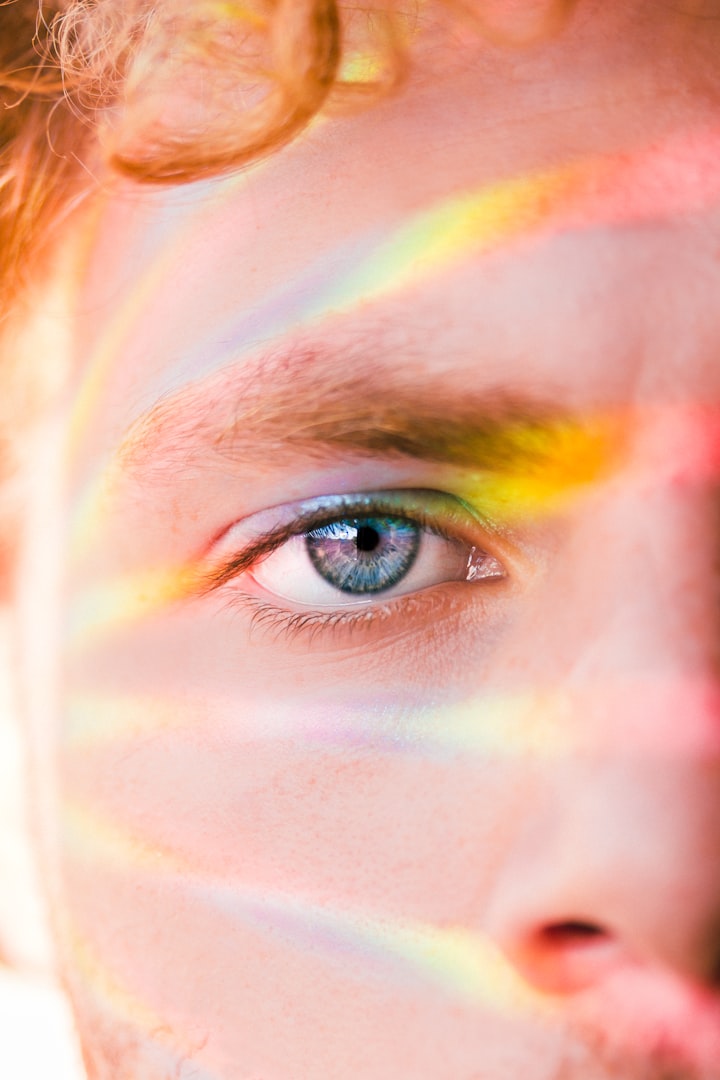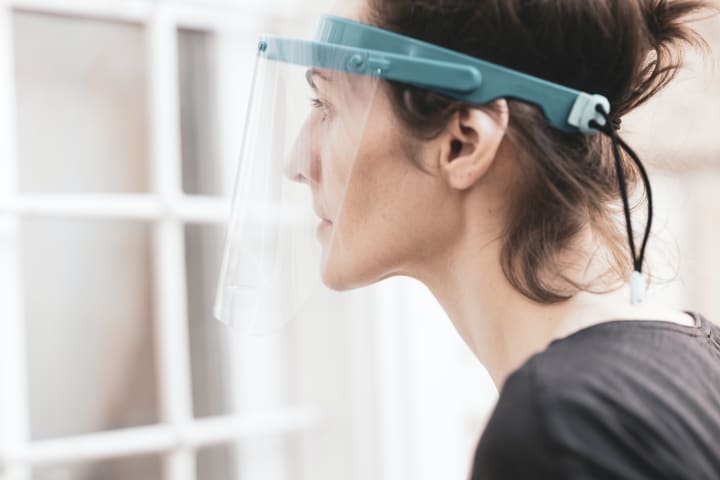Reflective light is more protective of the eyes?
Beware of the "blindfold" of business promotion!

When it comes to "eye protection", there are various kinds of propaganda everywhere, including some laser TV products say they use the "diffuse reflection" principle, claiming that "while using the screen reflection imaging principle " and so on; however, the nature of light is electromagnetic waves, is a form of energy, it can be propagated from one object to another, which does not require any material as a medium. Usually, the way this energy is transmitted is called radiation, which means that the energy from the energy source along a straight line (in the same medium) spreads in all directions; and light for eye damage is mainly through the intensity of light rather than to see whether the reflection so that the reflected light can reduce the damage to the eyes this point, the focus is not in the reflection or not, but in the intensity of light how, and "reflected light More eye protection" is confusing.

The reason for this is that people still have little understanding of how eye damage or fatigue caused by light is formed, so they will be fooled by the propaganda of these manufacturers, as long as there is a cool-sounding term they feel they should pay more money to buy.
The nature of light: electromagnetic waves, particles (wavelength factor)
Light is a wave (a large amount of light will not consider its particle nature), and different wavelengths of waves have different energy, blue-violet light is relatively higher energy, so there are "anti-blue light" glasses and monitors, etc., but new clinical study reality that such lenses are not effective in reducing the visual fatigue caused by electronic devices ( https://doi.org/10.1016/j.ajo.2021.02.010), so there is still some controversy.
What can be done to protect the eyes? Do these two things: ① reduce the direct damage to the eyes, ② reduce eye fatigue
There is no doubt that the intensity of light itself can cause damage to the eyes, because no one can look directly at the sun for long periods; studies have shown that exposure to 3 mW/cm2 of UV light for 3 days can cause serious damage to the sclera of rabbits (https://doi.org/10.1111/j.1755-3768.2008.01229.x), and the general indoor The strength of UV light is 0.1 mW/cm2, while the midday sun is about 6 mW/cm2. So even if the UV light is so high energy, as long as it is weak enough for the human body to be safe, beyond behan the wavelength we should be more concerned about the intensity of light.
In addition to light intensity, imaging is not clear/blurred will also lead to continuous tension in the eye muscle, causing eye discomfort. This is quite understandable, myopic patients who do not wear glasses can be very tired if they can barely see things, while if the environment is too dark or the glare is too strong, it will also cause eye fatigue to increase (https://doi.org/10.1111/cxo.12878).
Like laser TV, projector light source emitting mouth, direct vision will cause damage to the eyes, so children at home should not be close to the emitting mouth position, and try to choose safer LCD TV (Quantum Dot, Mini LED) or OLED TV if possible.
Common misconceptions in life
If the anti-blue light lens is not so effective, is reflected light more eye protection than direct light?
However, direct light and reflected light are both electromagnetic waves in nature, only in terms of energy. We all know that reflections lose energy - even in mirrors. Then the energy, brightness will be blinding, to take the simplest example, some glass facades of the office building reflected sunlight can even bake the roof next door to hot hands, shine to the human eye is naturally very harmful, so it is not to say that reflected light is not harmful;.
In addition, reflected light because of the reflection of the loss of too much energy, such as laser TV, projection, and other reflective imaging principle of the device, will lead to low brightness, and strong light during the day to see the screen has a layer of white mist, not clear, need to watch in a dark environment, and thus reduce the impact of ambient light. But! Long time in the dark light playing cell phones, watching TV will be more harmful to the eyes, not only will damage the macula, but also increase visual fatigue; older people will enhance the risk of glaucoma, and glaucoma caused by irreversible damage to vision, and in serious cases, even lead to permanent blindness.
Therefore, reflected light is more protective of the eyes some businesses use it to mislead consumers, using people's habitual perception of the blindfold.
Provide advice and recommendations
The most common harm caused by electronic devices is still "computer vision syndrome" (CVS), including eye dryness, fatigue, etc. In a study in 1998, it was pointed out that after prolonged use of computers, whether close or distant viewing, up to 90% of computer users may experience visual symptoms, including eye fatigue, headaches, eye discomfort, dry eye, diplopia, and blurred vision (https://doi.org/10.1016/S0275-5408(97)00067-7). Given the increased use of electronic devices today, this number is only expected to increase. In addition, people who spend more than 4 hours a day on electronic devices have a significantly higher incidence of visual symptoms.
We would like to remind you to take more breaks on the way to use your eyes, keep a certain distance, always remember to blink, and always keep your eyes moist; when we use electronic devices, we unconsciously do not blink for a long time, and this situation can cause a lot of damage to your eyes in the long run, so you need to always remind yourself to blink.
In addition, a study has shown that slightly larger fonts are more effective for reading text (Sheedy JE & Shaw-McMinn PG. Diagnosing and Treating Computer-Related Vision Problems. Butterworth Heinemann: Burlington, MA, 2003.) will be more comfortable for the eyes.
There's also the issue of wearing fewer contact lenses, something that can drastically alter the frequency of blinking, which also raises the risk of dry eyes (Schlote T, Kadner G & Freudenthaler N. Marked reduction and distinct patterns of eye blinking in patients with moderately dry eyes during video display. with moderately dry eyes during video display terminal use. Graefes Arch Clin Exp Ophthalmol 2004; 242: 306-312.)
When you feel any eye discomfort, please go to the hospital without delay, many eye diseases are easier to control in the early stage, but once it is serious, it is not easy to cure.
About the Creator
Taufik Olu
Money is round. It rolls away.






Comments
There are no comments for this story
Be the first to respond and start the conversation.